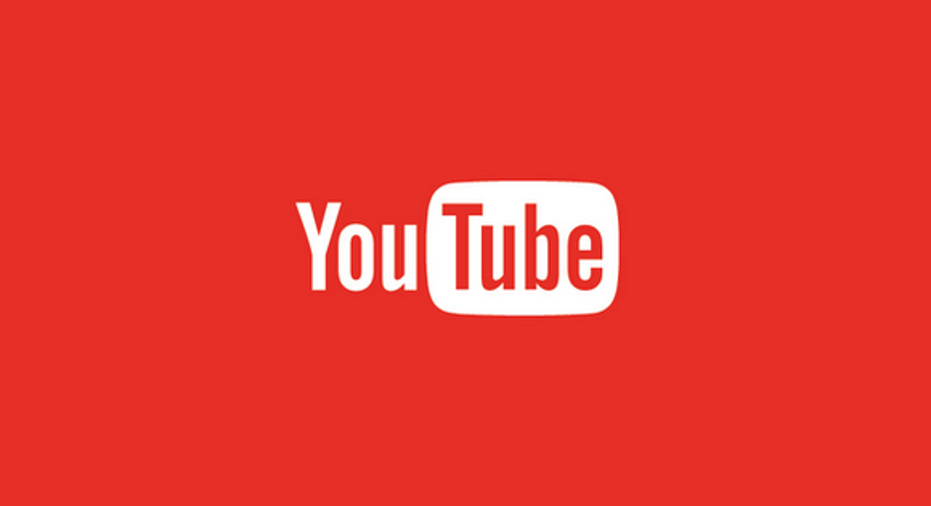YouTube Red Seeks to Compete With Netflix

Alphabet appears to have ambitious plans for YouTube's new ad-free, subscription-based service, Red. Image source: YouTube.
Nearly a decade after Alphabet (then Google) acquired video-sharing website YouTube, the platform is facing its biggest challenge ever from social media site Facebook . An earlier strategy change from Zuckerberg and Co. to shift away from YouTube content and toward native-hosted videos led the site from 1 billion daily video views in 2014 to 8 billion in its recently reported third-quarter earnings call.
This 8 billion figure is an important benchmark for Facebook. Although Alphabet does not readily provide its figure for daily YouTube video views, only disclosing it has "over a billion users," third-party analysts expect the service to have 8 billion daily video views by the end of this year. And while many criticize Facebook for the manner it counts what constitutes a view, making a true comparison perhaps misleading, the growth of Facebook's video service to the detriment of YouTube has been undeniable.
While YouTube is facing competition, it still has a huge content library to monetize. Recently, the service introduced its YouTube Red service, a subscription-based monetization model rather than the ad-supported business model the company now utilizes. And it's starting to look like YouTube Red has another high-flying tech company in its sights: Netflix .
Expanding its content libraryWhen Red first came to light, many expected the service to be targeted toward users wary of ads, but that appears to be a secondary benefit. According to The Wall Street Journal [subscription required], Alphabet is in the beginning stages of acquiring or developing content in-house.
These plans are in the initial stages, but it seems as if Alphabet is looking at creating original content, working with other networks to license shows or movies, or a combination of the above. If this sounds familiar, it's because it's Netflix's modus operandi, too. Also, YouTube Red has a potentially powerful differentiator over Netflix since a user can both consume and produce content, whereas the latter allows consumption only.
The problem with licensing contentThe Journal's article specifically notes that "one major Hollywood studio" has not heard from YouTube about licensing content, but the issue may be the smaller screen moreso than the larger one. Recently, cable networks have expressed a sense of apprehension about continuing to license content to Netflix. Time Warner CEO Jeff Bewkes has been the most direct about pulling back with Netflix, even discussing longer rights retention (read: not selling newer content to Netflix) during the recently third-quarter call.
In the short term, it could be possible for these outlets to sell shows to YouTube. First, the mere existence of a competing outlet has the potential to hurt the 800-pound gorilla that is Netflix on a subscriber level. Second, any licensed revenue from YouTube is digital revenue that does not have to be earned from Netflix.
However, there's a limit to this "the enemy of my enemy is my friend" strategy. In the end, cable networks know traditional, large-package television is the most lucrative way to monetize their content. If YouTube Red becomes too popular, it would also find itself in the crosshairs of cable content providers, much like Netflix has.
In the long run, it seems Netflix understands this, as it's doubled down on its original content. I'd advise YouTube to do the same -- and to work hard to identify talented third-party content creators and put their shows in front of Red subscribers to further differentiate the service.
The article YouTube Red Seeks to Compete With Netflix originally appeared on Fool.com.
Jamal Carnette has no position in any stocks mentioned. The Motley Fool owns shares of and recommends Alphabet (A and C shares), Facebook, and Netflix. The Motley Fool recommends Time Warner. Try any of our Foolish newsletter services free for 30 days. We Fools may not all hold the same opinions, but we all believe that considering a diverse range of insights makes us better investors. The Motley Fool has a disclosure policy.
Copyright 1995 - 2015 The Motley Fool, LLC. All rights reserved. The Motley Fool has a disclosure policy.



















